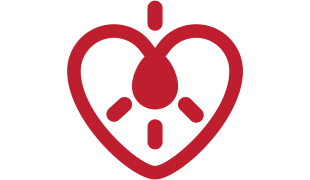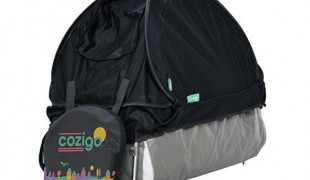- 10268
- 648
- 22
- 18
- 0
- Help Ukraine
Über die Lösung
Down-Syndrom Mädchens "Gehirn durch das Singen gesteigert"
Simon und Jo Kent aus Portsmouth, Hampshire, haben ihre siebenjährige Tochter mit Down-Syndrom jeden Tag gesungen, seit sie geboren wurde. Die Eltern ständig Musik spielen zu Hause und habe immer Songs und angepasst Kinderreime zu Evie im Alltag helfen. Sie haben sogar zu Evie gesungen, als sie im Mutterleib war, und sie ist jetzt mehr als ein Jahr früher in Lesen. Sie behaupten, Musik hat dazu beigetragen, steigern ihr Gehirn, also kann sie Mainstream-Schule zu besuchen - mit bemerkenswerten Ergebnissen.
Mehr Infos hier:
http://wellbeing.uk.msn.com/family-health/downs-syndrome-girl-a-year-ahe...
http://www.dailymail.co.uk/health/article-2562955/Girl-Downs-syndrome-ye...
Diese Lösung enthält keinen Hinweis weder auf die Verwendung von Arzneimitteln, Chemikalien oder biologische Stoffe (einschließlich Lebensmitteln) noch auf invasive Geräte, anstößige, kommerzielle oder inhärent gefährliche Inhalte. Diese Lösung wurde nicht medizinisch validiert. Vorsicht! Wenn Sie irgendwelche Zweifel haben, wenden Sie sich bitte an einen Arzt.
DISCLAIMER: This story was written by someone who is not the author of the solution, therefore please be advised that, although it was written with the utmost respect for the innovation and the innovator, there can be some incorrect statements. If you find any errors please contact the patient Innovation team via info@patient-innovation.com


 de
de